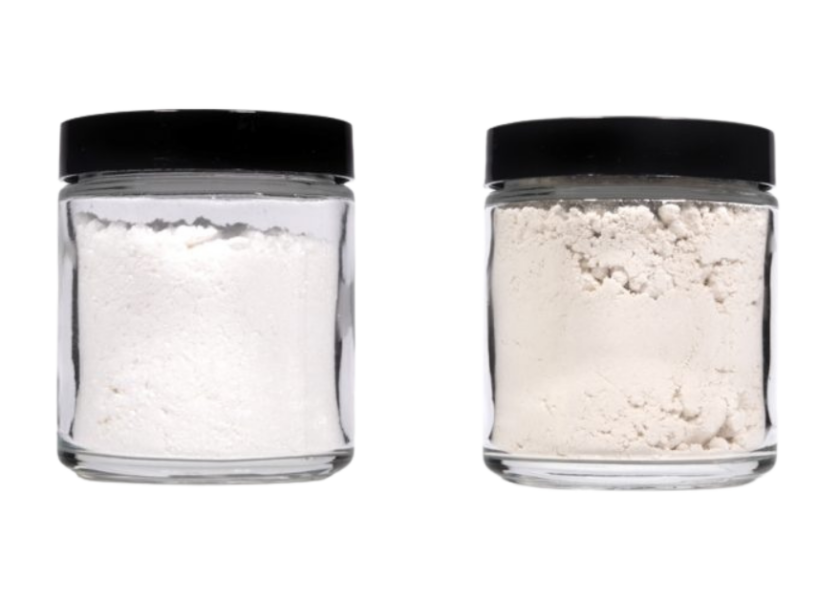The hemp industry faces a lot of challenges on a daily basis. Even in states where hemp-derived products are lawful, state and local sales tax obligations present yet another series of requirements to comply with. While these taxes offer a revenue stream for states, it begs the question: at what point does the tax burden become excessive?
LB 388: A Historic Tax Hike for Nebraska’s Hemp Industry
Nebraska recently placed LB 388 on general file meaning it has passed (7-1) through their Revenue committee. A sales tax increase of 100%* (down to 25% as of 4/19/24), specifically for cbd and hemp consumables, will be the largest sales tax increase in Nebraska history. Exemptions on sales tax will be eliminated for items such as soda and candy, as well as services like pet care, storage, moving, and dry cleaning, with a new rate of 20% applied to electronic gambling and lottery sales. Sales tax on cigarette packs will increase to $1 and there will be a doubling of taxation tiers for vaping products. Overall State Sales tax would increase by 1 cent or less dependent on 2023-2024 fiscal year thresholds.
Nebraska will offset the estimated $182 million increase in sales tax revenue with Property Tax Credit funds to schools for student aid and residential Property Tax Relief. Next, the legislative body will debate and vote on the issue, requiring a minimum of 25 votes for amendments to be adopted or advanced. Should LB 388 be approved in its current form, the heightened sales tax rates would go into effect on January 1, 2025. This move is being endorsed as a shift from property taxes to sales taxes to modernize what is considered an outdated tax system.
Potential Pitfalls: Economic and Industry Shockwaves
This bill could bring several negative repercussions for Nebraska’s hemp industry and overall economy. Consumers, facing steep sales tax, might turn to the black market where products carry no tax at all. Retailers and manufacturers could see a reduction in profit margins, faced with the choice of either reducing prices to compensate for the tax increase or passing the cost onto consumers. The subsequent financial pressures could lead to job reductions or complete eliminations. Moreover, the potential closure of hemp retailers, manufacturers and distributors, could decrease market competitiveness and reduce demand as a result of insurmountable prices.
The enactment of this bill might ironically undermine Nebraska’s sales tax revenue objectives, potentially yielding lower-than-anticipated returns as sales of CBD and hemp consumables diminish. Such a downturn in hemp sales could lead to broader economic repercussions, as it would likely initiate a chain reaction affecting many other industries energized by hemp’s economic contributions. The state may grapple with the adverse effects of business shutdowns, job cuts, and reduction in consumer spending. Moreover, should this legislative approach become a model for other states, it would be detrimental to the nationwide hemp industry.
Act Now: Protecting Nebraska’s Hemp Future
If you live in Nebraska, or know anyone who does, please consider reaching out to your Senator express opposition to LB 388. It’s important for citizens to actively participate in the legislative process, and voicing concerns about this bill could influence its outcome.
Staying Informed and Involved with MC Nutraceuticals
At MC Nutraceuticals, we’re dedicated to assisting you through the complexities of hemp legislation, from regulatory compliance to understanding sales tax implications. We stay on top of the latest developments so we can safeguard our industry and share critical information. Please don’t hesitate to Contact Us with any questions, information, or stories you wish to share.
*Footnote: The initial version of the bill proposed a 100% increase in sales tax. It has since been amended to reflect a more moderate 25% sales tax hike



